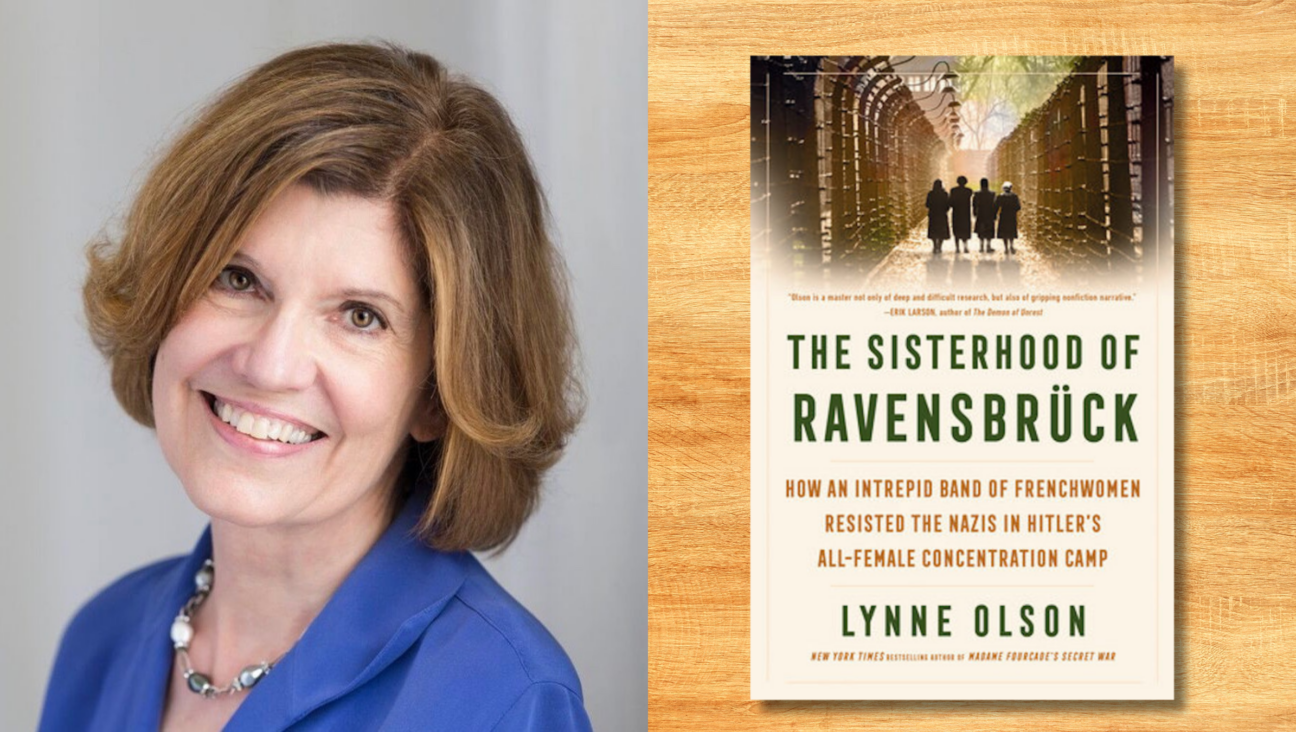A Catalan Jew’s Concise Wisdom
“Tell a blind man his house is on fire and he will reply, ‘I wish I could see that!’”
“I don’t like having white hair but I like even less when it falls out. Isn’t it sad to worry about the loss of something one dislikes?”
“My son, I prefer to see you hunting lions than running after a woman.”
“A wise man is asked what he thinks of marriage. His reply: “It’s a month-long magnificent experience, followed by a lifelong nightmare.”
These and over 750 other incisive observations were collected around the year 1300 by the Catalan Jewish author, Judah (Jafuda) Bonsenyor. The resulting anthology, although apparently never translated into English, appeared in February from Les Éditions de la Merci as “Words of Wisdom From a Catalan Jew,” rendered into French by the poet and translator Patrick Gifreu. As Gifreu points out in a perceptive introduction, the 13th century was a “golden age of Catalan Judaism,” for scholars such as Nahmanides and others. After medical studies, Bonsenyor followed in the footsteps of his father, Astruc Bonsenyor, a Royal interpreter and translator. King James II of Aragon likely asked Bonsenyor to compile this book as a manual for the royal children. Most Catalan Jews of the day published in Hebrew or Arabic, the two main languages of intellectual discourse. Bonsenyor’s book remains the only surviving example of a Catalan Jew in the Middle Ages expressing himself in the Catalan language.
As you might expect, there is a high degree of Yiddishkeit in “Words of Wisdom,” inspired by such previous collections of maxims and proverbs as “Choice of Pearls,” (Mibḥar ha-Peninim) which has long been attributed to Solomon Ibn Gabirol. One Sukkot-themed maxim from Bonsenyor informs us that a man should try to be like a yellow citron (etrog), i. e., good through and through. Under the heading of “Pride and Arrogance” is the following: “We tell a prideful man who won’t deign to speak: ‘Talk! God himself spoke to Moses.’”
Bonsenyor also adapts the familiar Talmudic adage “Honor your doctor before you need him” to read as follows: “Honor your physician before you are ill.” Other proverbs whose origins remain unknown were translated from the Arabic, but were quite possibly written by Jewish authors, who published in that language at the time. This intriguingly savory document is proudly presented in the author’s preface by “I, Jafuda, Jew of Barcelona, son of Astruc Bonsenyor…”
Watch a slide show about Catalan Jewish landmarks here.
























